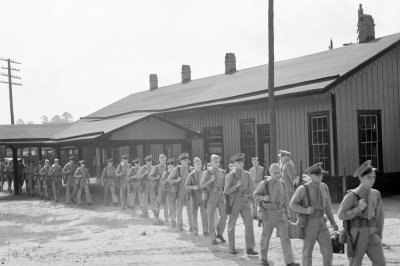Topic: Stephen Crane
Stephen Crane (November 1, 1871 – June 5, 1900) was an American novelist, short story writer, poet and journalist. Prolific throughout his short life, he wrote notable works in the Realist tradition as well as early examples of American Naturalism and Impressionism. He is recognized by modern critics as one of the most innovative writers of his generation.
The eighth surviving child of highly devout parents, Crane was raised in several New Jersey towns and Port Jervis, New York. He began writing at the age of four and had published several articles by the age of 16. Having little interest in university studies, he left school in 1891 and began work as a reporter and writer. Crane's first novel was the 1893 Bowery tale Maggie: A Girl of the Streets, which critics generally consider the first work of American literary Naturalism. He won international acclaim for his 1895 Civil War novel The Red Badge of Courage, which he wrote without any battle experience.
In 1896, Crane endured a highly publicized scandal after acting as a witness for a suspected prostitute. Late that year he accepted an offer to cover the Spanish-American War as a war correspondent. As he waited in Jacksonville, Florida for passage to Cuba, he met Cora Taylor, the madam of a brothel with whom he would have a lasting relationship. While en route to Cuba, Crane's ship sank off the coast of Florida, leaving him adrift for several days in a dinghy. His ordeal was later described in "The Open Boat". During the final years of his life, he covered conflicts in Greece and Cuba, and lived in England with Cora, where he befriended writers such as Joseph Conrad and H. G. Wells. Plagued by financial difficulties and ill health, Crane died of tuberculosis in a Black Forest sanatorium at the age of 28.
It uses material from the Wikipedia article "Stephen Crane."






